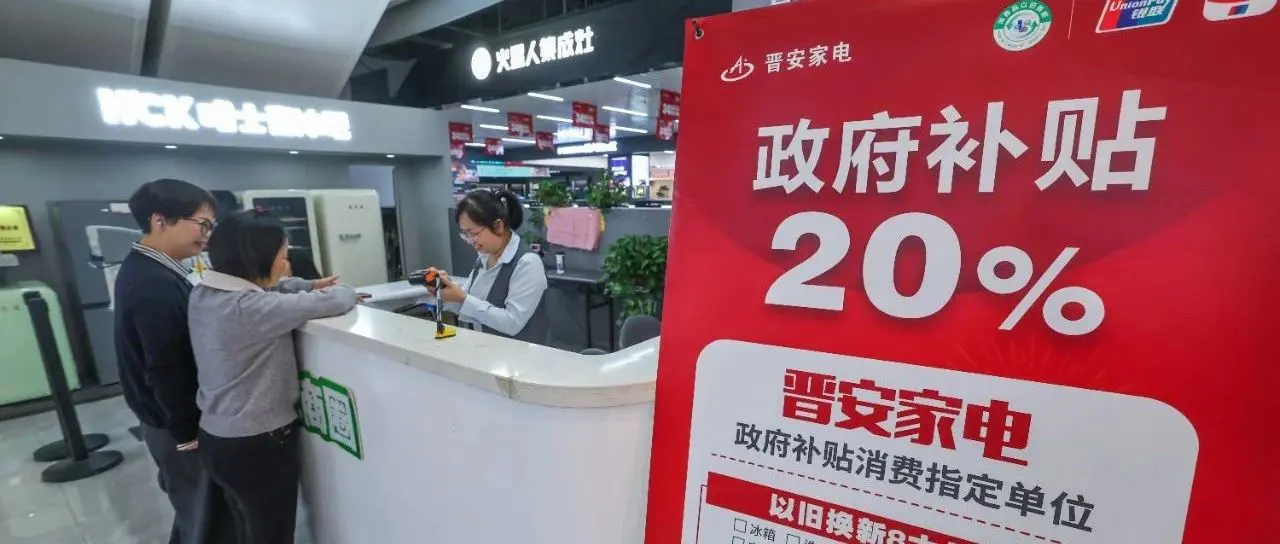The national subsidy program for digital products such as mobile phones has reached its one-month mark, with over ten thousand consumers participating.

Since the start of the month, the national subsidy policy for digital products such as mobile phones has been gradually implemented across various regions. How effective has the policy been in its first month of implementation?
He Yadong, spokesperson for the Ministry of Commerce, announced that as of the specified date, over 10,000 consumers nationwide had applied for subsidies to purchase new digital products such as mobile phones, tablets, and smartwatches (or bands).
He Yadong provided an update on the latest results of the consumer goods trade-in initiative during a regular press conference held by the Ministry of Commerce. He stated that as of the current date, a total of [X] million vehicles nationwide have been retired and replaced this year. Additionally, over [Y] million consumers have purchased more than [Z] million units of major home appliance trade-in products, while [A] million electric bicycles have been replaced under the trade-in program. (Note: The original text contains placeholders like ".万辆" and ".万台," which suggest numerical values were intended but not provided. In the English translation, these are represented as [X], [Y], [Z], and [A] to indicate where specific numbers should be inserted for accuracy.)
Driven by the trade-in policy, related industries have maintained a rapid growth momentum. Since the beginning of this year, the national volume of scrapped automobile recycling has increased by approximately % year-on-year, while the retail sales of new energy passenger vehicles have grown by over % year-on-year.
He Yadong also shared some exemplary practices where localities have innovated working methods tailored to local conditions. For instance, Hebei established a cross-departmental collaborative mechanism for the replacement of old electric bicycles with new ones, offering a "one-stop service" that includes deregistering old vehicles, recycling used batteries, and registering new ones. Zhejiang encouraged cities to independently expand subsidy categories, creating a diversified system for appliance replacement programs. Guangxi introduced an online registration channel, allowing businesses to apply for participation in replacement programs via government WeChat official accounts, thereby enabling data to "travel more" and businesses to "travel less."
Next, the Ministry of Commerce will further optimize work processes, strengthen reform-driven initiatives, and achieve greater results in promoting the replacement of old consumer goods with new ones.

